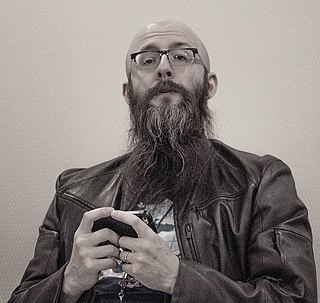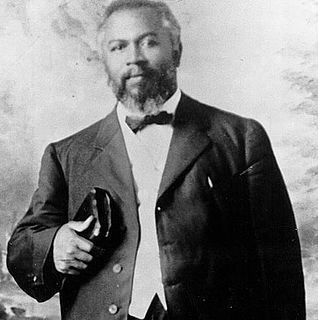A Quote by Dietrich Bonhoeffer
Self-justification and judging others go together, as justification by grace and serving others go together.
Quote Topics
Related Quotes
I'm afraid that in the United States of America today the prevailing doctrine of justification is not justification by faith alone. It is not even justification by good works or by a combination of faith and works. The prevailing notion of justification in our culture today is justification by death. All one has to do to be received into the everlasting arms of God is to die.
Justification and sanctification are both God's work, and while they can and must be distinguished, the Bible won't let us separate them. Both are gifts of our union with Christ, and within this double-blessing, justification is the root of sanctification and sanctification is the fruit of justification.
I fear it is sometimes forgotten that God has married together justification and sanctification. They are distinct and different things, beyond question, but one is never found without the other. All justified people are sanctified, and all sanctified people are justified. ... Tell me not of your justification, unless you have also some marks of sanctification. Boast not of Christ's work for you, unless you can show us the Spirit's work in you.
A rigorous doctrine of imputation is not only limiting but ends up doing a disservice to the nature of grace and justification. It makes the transactions of the gospel basically juridical. In the Roman view, justification and sanctification are a seamless fabric. It is more than a question of God simply seeing us through a legal scrim of Christ's righteousness. Righteousness actually begins to transform us.






































